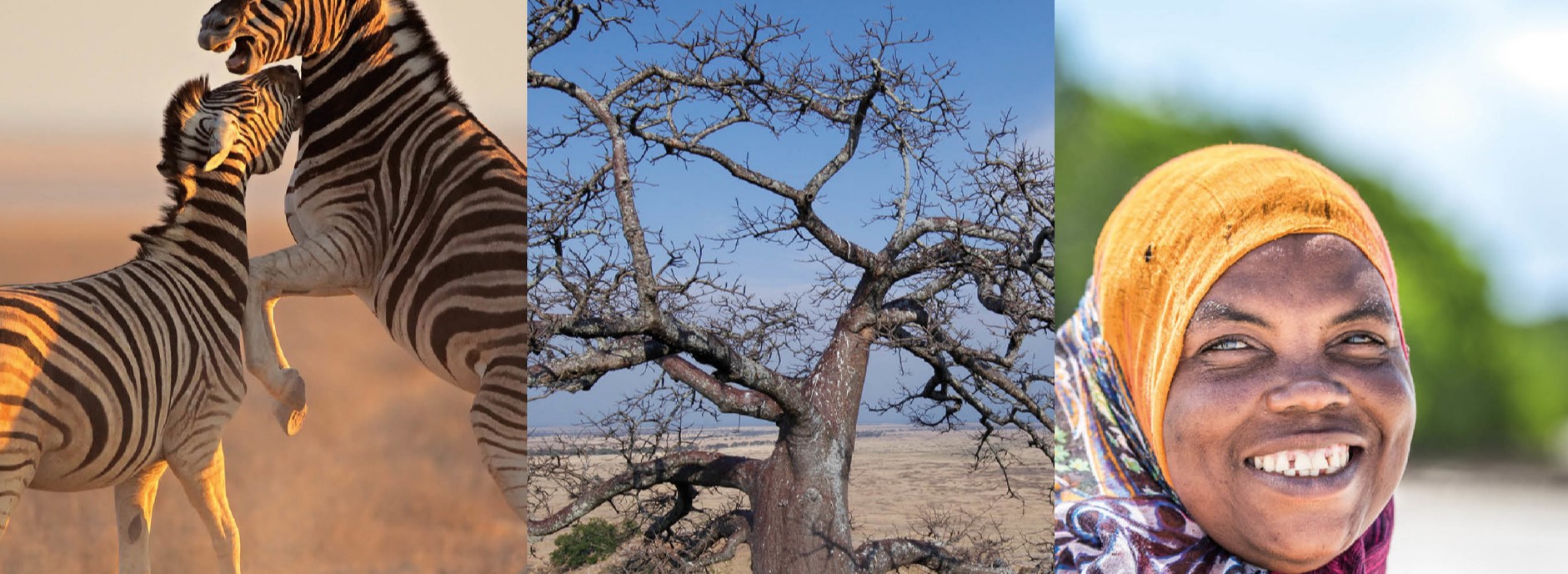A new report produced by Maliasili and Synchronicity Earth demonstrates that complex donor rules and reporting needs shut out smaller organizations and details how making finance simpler and more just will boost conservation impact
First published on 07/21/2022, and last updated on 07/22/2022
Press release by Maliasili (ICCA Consortium Member)
Kigali, Rwanda – 20 July 2022 – Local conservation organizations in Africa struggle to grow or increase their impact because of inbuilt barriers and challenges in how they are funded, research published today from Maliasili and Synchronicity Earth has found.
Smaller, African-led groups working directly with local communities are increasingly recognized as key to securing Indigenous and community land rights, improving rural livelihoods, conserving nature, and addressing climate change. Yet they are hamstrung by the way global conservation finance is set up, with complex requirements, a focus on short-term projects not long-term running costs, and a preference to fund a few larger intermediary international organizations over many smaller ones.
Globally, Indigenous Peoples and local community organizations receive less than 1% of all climate funding. African entities receive only 5% to 10% of private philanthropic funding invested in all of Africa.
Fred Nelson, CEO of Maliasili, said: “We cannot hope to address conservation and environmental challenges in Africa today if we can’t get the right kind of investment to the most talented and effective organizations in the field. Conservationists need to come together to improve funding practices, partnerships between funders, international organizations and local groups, and develop more effective and efficient funding mechanisms. We hope this report will provide guidance on ways to rethink and reform funding practices in African conservation, and get more of the right kind of funding to African organizations.”
The new 40-page study, Greening the Grassroots: Rethinking African Conservation Funding, features interviews with close to 50 African local and grassroots conservation, climate, and environment organizations, and their funders. Among the African organizations:
- 83% called for more flexible or unrestricted funding
- 92% said the lack of core or unrestricted funding was a barrier to their success
- 71% cited donors’ preference for short-term project funding as a challenge
- 73% said they struggled with insufficient funding
- 52% complained of onerous proposal and reporting requirements
In addition, African organizations said their partnerships with larger international organizations working in the same space were often strained, and inequitable in terms of the distributions of resources.
Many raised racial bias as a factor in funding, describing a perception that white conservation leaders in Africa have preferential access to funding in a way that limits many African organizations.
Alda Salomão, Senior Legal Advisor at Centro Terra Viva in Mozambique, told the report authors: “Donors generally impose strict limitations on payments for administration costs, including personnel payments but over 70% of our work involves professional and intellectual skills. Therefore, if you are not paying for administration costs, you are cutting off the legs and hands that you need to implement the work.”
Dr. Gladys Kalema-Zikusoka, founder and CEO of Conservation Through Public Health in Uganda, said: “Funders must listen to their potential grantees and understand their needs and priorities. Grants that are top-down are not sustainable and impactful.”
For their part, funders and donors acknowledged their staff composition and backgrounds were constraints, and agreed hiring more local staff and increasing their presence on the ground would help. They agreed there was a need to improve how they support grassroots groups and identified a number of barriers they face to making that happen. These included a lack of capacity to collect quality data for grant reporting requirements and the difficulties finding and building relationships with many new organizations.
Roshan Paul, the report’s lead author, said: “Having led a local organization myself, I’ve personally encountered the challenges that many African CSOs face with regard to accessing funding. Funders have heard the clarion call to provide more funding to African-led organizations. I hope this report helps to unlock new ways to do so.”
The study suggests a series of approaches to overcome the barriers and challenges African grassroots conservation organizations face in securing appropriate funding. These include:
- Improve funding policies and practices, including providing more core or unrestricted support, and longer-term finance.
- Make funding processes easier and more accessible, including simplifying applications and reporting requirements.
- Increase direct funding of African grassroots groups rather than giving money to large ‘middlemen’ international NGOs who then pass it on to smaller organizations.
- Build better relationships between donors and grassroots organizations to increase trust and so each better understands the other’s needs, and accepts more risk.
- Introduce African organizations to new donors, share more funding opportunities with them, and support them to increase their fund-raising skills.
The study was launched on 20 July 2022 at the inaugural IUCN Africa Protected Areas Congress in Kigali, Rwanda.
Download the report: https://www.maliasili.org/greeningthegrassroots
Media contact: For interviews or any other questions contact Mike Pflanz, Maliasili’s media focal point at APAC, on phone/WhatsApp +254 735 446226 and mikepflanz@gmail.com
Malisaili at the Africa Protected Areas Congress: Maliasili and partners are hosting the Sustainability & Resilience Platform at Stand Number MH4. Full details are available at: https://www.sustainabilityandresilience.info
